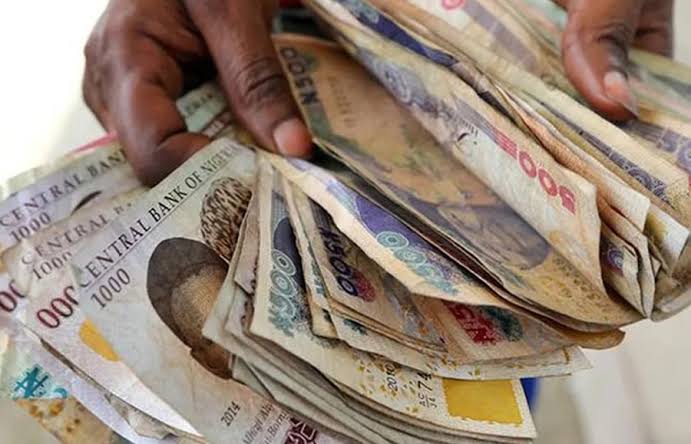It’s May 1st, christened Labour Day in many countries to mark workers’ contributions and accomplishments. Labour is a major driving force of a country’s economy and responsible countries prioritise their workers as a top asset. However, Labour in Nigeria is characterised by hardship, frustration, poor remuneration and contemptuous treatment.
Nigerian public workers in particular are some of the most poorly paid in the world, with a minimum wage of N30,000, that is a measly $65 dollars. The new international poverty line is set at $2.15, that is, an average worker would spend all his monthly wages on feeding only. This minimum wage, as measly as it is, was achieved through years of agitations, struggles and industrial actions by the Nigerian Labour Congress. While political officeholders enjoy fat salaries and allowances, workers, particularly civil servants, endure poor remuneration and delayed salaries. A report published in August 2022 by BudgIT, a civic organisation, showed that eight state governments failed to pay some of their workers for at least six months. The states are Taraba, Nasarawa, Edo, Ebonyi, Ondo, Plateau, Imo, Abia. They owe active workers as well as retirees.
About the Minimum Wage
Nigeria’s adoption of a minimum wage started in 1981 during the democratic administration of President Shehu Shagari. The first President of the NLC, Comrade Hassan Sunmonu had led a protest against the federal government to demand a structured minimum wage of N300 per month. After a major strike that spanned months, the government and the Sunmonu-led NLC agreed to a minimum wage of N125 per month.
Afterwards, the NLC engaged successive governments for improved wages. In 1989/90, Comrade Adams Oshiomhole led negotiations to achieve N250 national minimum wage. The military regime of General Abdulsalami Abubakar increased it to N3,000, although, at the time, the military government had banned and disbanded the NLC. Following the transition to the fourth republic led by democratically elected President Olusegun Obasanjo, Osiomole took over as the Chairman of the NLC again and continued the fight for improved wages. He achieved a minimum wage of N5,500 for state workers and N7,500 for federal workers and workers of oil-producing states. The National minimum wage continues to rise at a slow pace through negotiations and strikes.
In 2010, the National minimum wage Act was signed into law. The law which adopted a uniform minimum wage of N18,000 across the federation, was achieved through a well-negotiated tripartite structure under President Goodluck Ebele Jonathan. The law also gave a clear provision that there should be a constant review of the national minimum wage every five years.
This periodic review is for the purpose of compensating as much as possible for any adverse changes in the cost of living. However, the law is not strictly followed as President Muhammadu Buhari delayed the review until 2019 when he approved N30, 000 as the national minimum wage. This was after months of protests and agitations between the federal government and Labour unions.
The next review is due next year, but rather than negotiating an increase already, considering the rising inflation and a rise in the global cost of living, Nigerian workers are still agitating for the implementation of the current minimum wage. Many states and private organisations are yet to implement the N30,000 minimum wage. The states yet to implement the minimum wage include Abia, Bayelsa, Delta, Enugu, Nasarawa, Adamawa, Gombe, Niger, Borno, Sokoto, Anambra, Imo, Benue, Taraba and Zamfara. This is according to a survey by the National Salaries Incomes and Wages Commission (NSIWC).

